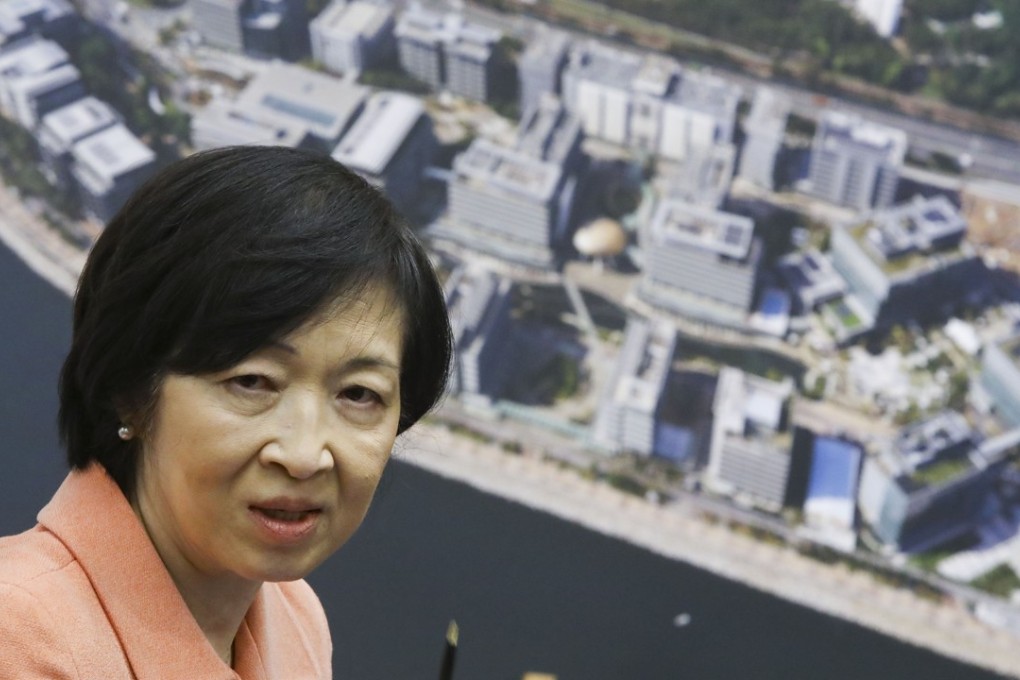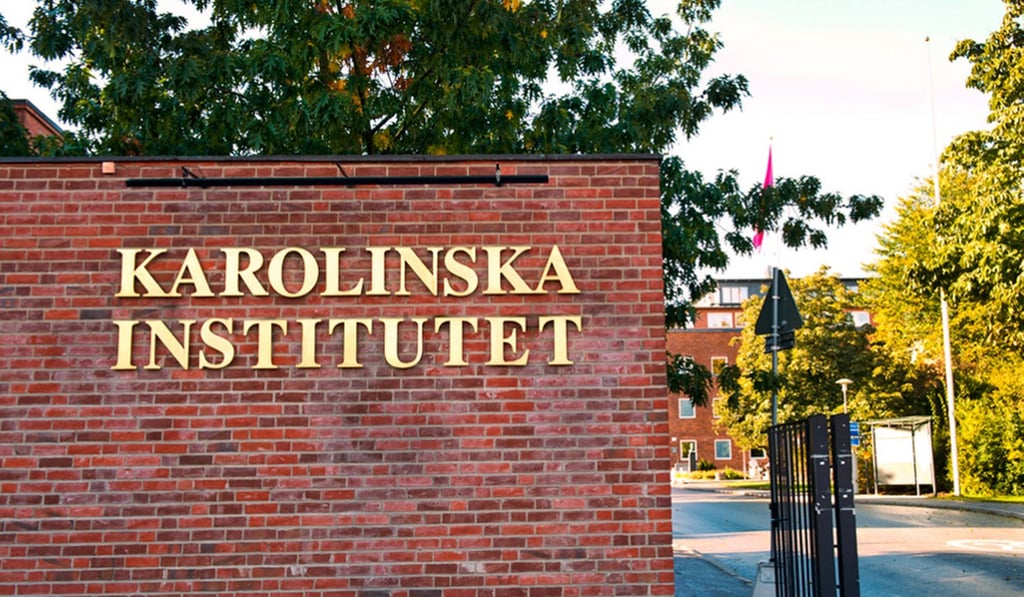Exclusive | Hong Kong leader Carrie Lam soothes storm after Science Park boss accused of interfering in academic freedom of Swedish university branch
Developments prompted leader Carrie Lam to write to Swedish institute to avert diplomatic row, Post learns

Actions by the chairwoman of Hong Kong’s Science Park sparked accusations of interference in the academic freedoms of one of the world’s top medical universities and required the city’s leader to intervene, the Post has recently learned.
Park chairwoman Fanny Law Fan Chiu-fun declined to comment on speculation over the matter, but said she and the park fully respected research freedom and stressed the park had a shared vision to see the research centre succeed. She added, however, that it also had a duty to act in the corporation’s best interests.

The university received a HK$400 million donation from Hong Kong tycoon Lau Ming-wai in 2015 to establish the Ming Wai Lau Centre for Reparative Medicine, which opened at the park in October last year – its first and only research branch outside Sweden.
